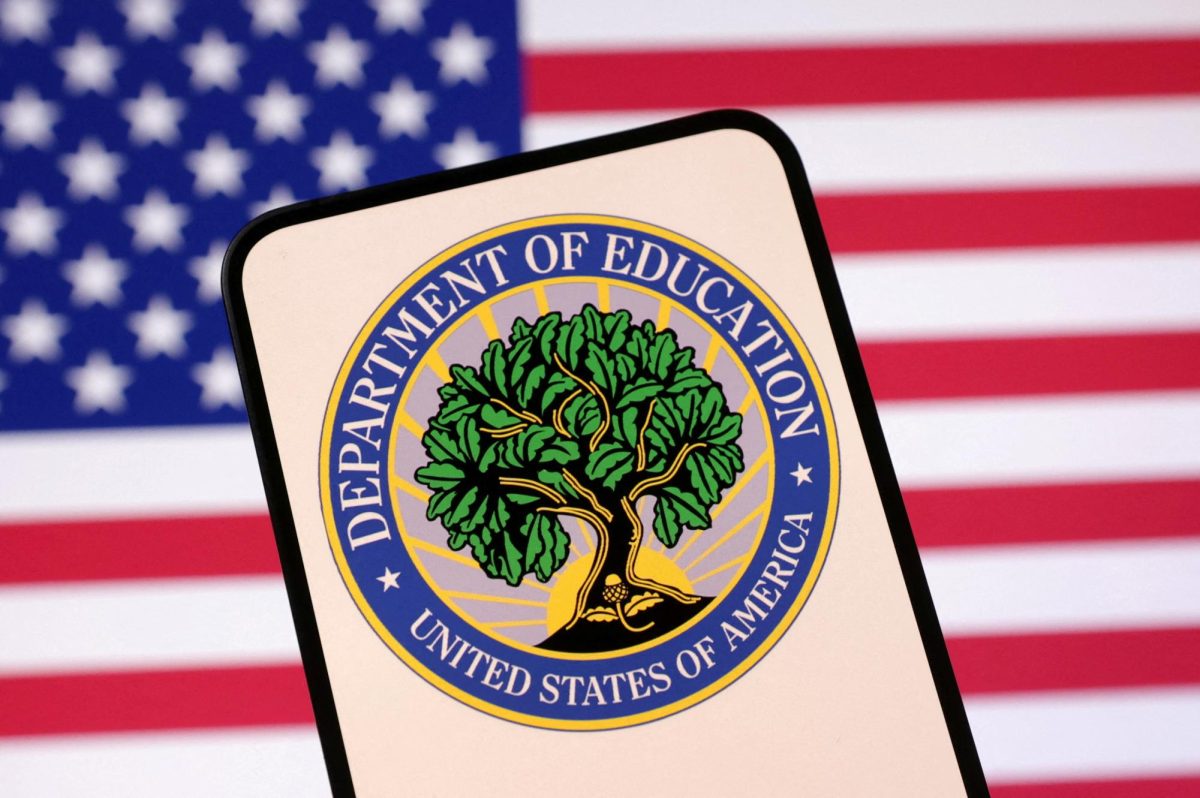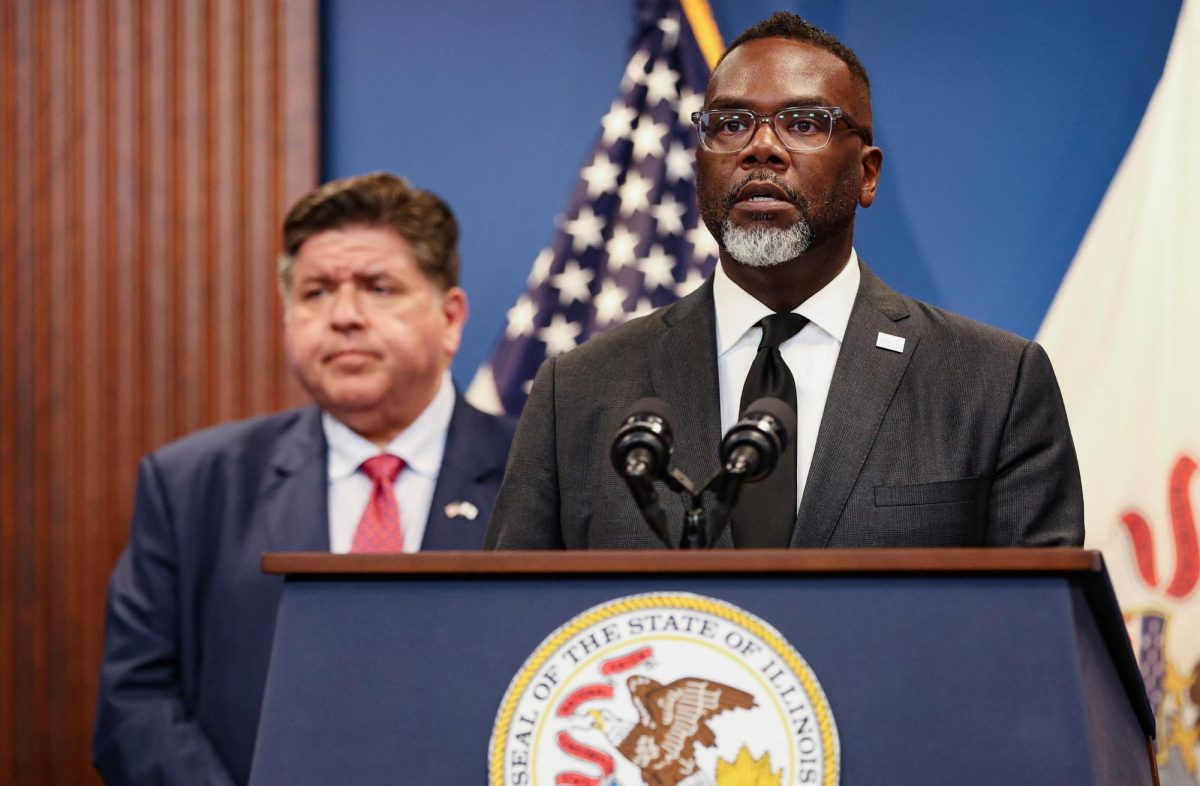The Trump administration ordered a plan in March to dismantle the U.S. Department of Education.
This plan would discontinue federal programs such as the Individuals with Disabilities Education Act (IDEA) and English Language Learners (ELL) students, as well as other federal educational programs protecting at-risk students and marginalized groups. It would leave the states solely responsible for funding and providing education, which could lead to unequal quality and access to education in the U.S.
It would limit federal financial aid for students, making access to higher education more expensive than it already is. It is clear the disadvantages of implementing this plan far outweigh the advantages.
Before federal laws such as IDEA and ELL were passed, there was a lot of inequality when it came to access to basic education. Students with disabilities, students who couldn’t speak English and students who were poor often didn’t get proper education or any education at all.
The passing of federal education laws mandated that students as such couldn’t be discriminated against when it came to their education, and putting these laws in the hands of the states sets the U.S. back in time to an era when access to education was not equal and discrimination in schools was not illegal.
Minority students already face a lot of risks in their life that impact their education. They face higher rates of bullying, discrimination, rough home lives and drop outs. Federal education laws are put into place to protect these students because they need more support than other students, but dismantling the Department of Education would get rid of the federal mandate on these laws, reintroducing these risks to minority students in certain states.
States would also be required to fund and oversee their own education, leading to potential unequal quality of education among states and lack of proper testing. While it’s true that the curriculum and learning standards are up to the state, the federal government is still able to implement programs and enact laws into schools. These programs and laws are put into place to help ensure that everyone has equal access to the same quality of education.
Even still, there are already inequalities in the quality of education for certain students, so dismantling the Department of Education will increase that inequality even more.
Higher education would also be impacted by this plan, as the federal government is in charge of providing federal student aid to students. The average cost of tuition at NIU is $28,472 per year, and programs such as Free Application for Federal Student Aid (FAFSA) help lower that amount by providing financial assistance to students so they can afford to get a higher education.
Dismantling federal oversight could not only increase the cost of college, but also reduce the amount of financial aid that students are provided, limiting their opportunity to receive a higher education if they want to.
Mailyn Garcia, a senior majoring in communications, is concerned about Trump’s plan
“I think it is stupid because education is the root of everything and you want to be culturally aware… Education is power in itself, (this plan) is minimizing power to the people,” Garcia said.
Garrett Komnick, a first year majoring in health sciences, is worried for the fate of his children’s education due to the dismantling of the Department of Education.
“I don’t know what there is to be gained from making a decision that drastic when there are other issues in our country, especially with the lack of education currently,” Komnick said. “It has me concerned about my future family, children and siblings that are about to enter school. It could change their outlook on school … The future cost of college may outweigh the degree.”
It’s clear there were many oversights when it came to proposing this plan, and I think it is one of the worst decisions regarding the education system Trump could make.
Education is the foundation of everything, so everything done to affect it has the capability to result in a domino effect. This decision should be discussed and thought about more thoroughly, and rather than dismantling the Department of Education, changes should be made to make education more equal, accessible and fair to every student.















